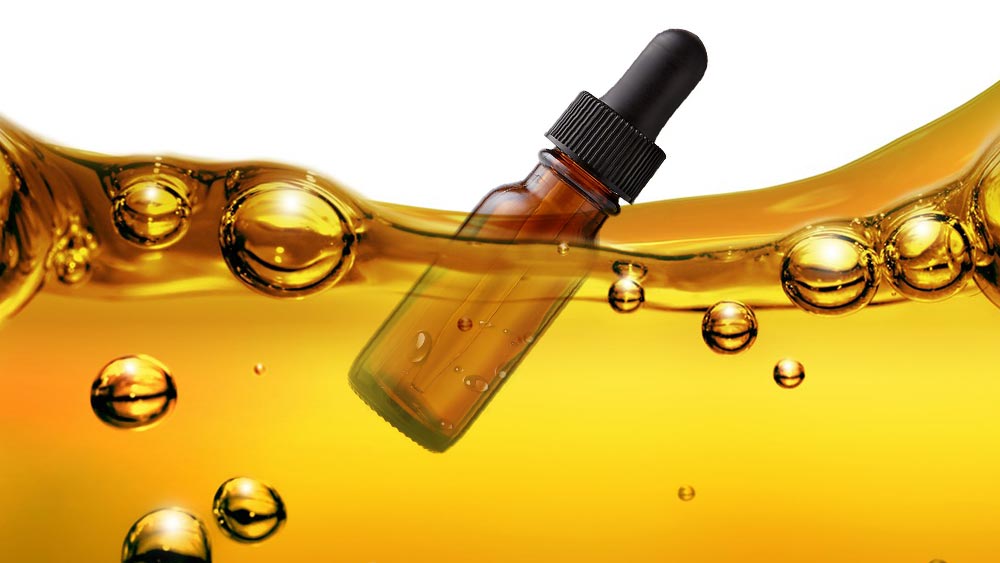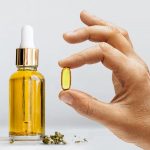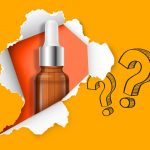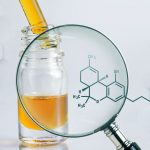Both CBD oils and CBD capsules use a carrier oil, because CBD molecules are fat-soluble, which allows them to merge with fatty molecules from the oil.
This merger makes CBD molecules capable of passing through the mucous membrane, entering the bloodstream and becoming active in the body.
This merger also serves another purpose, as it protects orally-consumed CBD molecules from being degraded too quickly, by both the stomach acid and the enzymes in the liver.
This 2019 study measured the levels of CBD in the blood when it was orally consumed in its isolated form (99.9% pure CBD), and when the CBD isolate was ingested in combination with a breakfast rich in fat.
The results indicated that on average CBD blood levels increased 4 times when pure CBD was consumed with a fatty breakfast.
These results corroborate that the presence of fatty molecules protects orally-consumed CBD molecules, which in favor increases CBD bioavailability.
The effectiveness of a particular consumption method (for instance sublingual CBD oil, oral CBD capsules, CBD edibles and CBD-infused drinks) is dependent on how much CBD molecules reach our bloodstream in the end.
Different consumption methods have a different bioavailability factor because the total amount of CBD molecules that ultimately reach the bloodstream and become active is different.
Micellization
It’s important to understand how our bodies absorb CBD. When CBD is orally consumed, our bodies encapsulate ingested CBD molecules with special fatty molecules.
This fatty molecule has “two sides”. One side is fat-friendly (lipophilic), which attaches to the CBD molecule, while the other side (which is water-friendly or hydrophilic) remains exposed.
Since the newly combined molecule (made out of a CBD molecule and the fatty molecule) has a hydrophilic side, it is capable of passing through the mucous membrane and entering our bloodstream.
This connective process is known as micellization.
The process of micellization also explains why the presence of outside fatty molecules increases oral CBD bioavailability.
Even though our bodies naturally attach fatty molecules to CBD in order to make them capable of passing through the mucous membrane, this process is both energy and time consuming.
The abundance of outside fatty molecules makes this process more effective, because while micellization occurs, CBD molecules are being damaged and dissolved by the stomach acid and the enzymes in the liver.
Micellization also explains why CBD is consumed sublingually in the form of CBD oil.
Without the fatty molecules from the oil, CBD molecules wouldn’t be capable of passing through the mucous membrane in the mouth and entering the blood.
Finally, this process also explains why sublingual CBD administration has a more efficient bioavailability compared to the oral method of administration.
Since the CBD molecules enter the blood through the mucous membrane in the mouth, they don’t have as many “enemies”, mainly the stomach acid and the enzymes in the liver.








